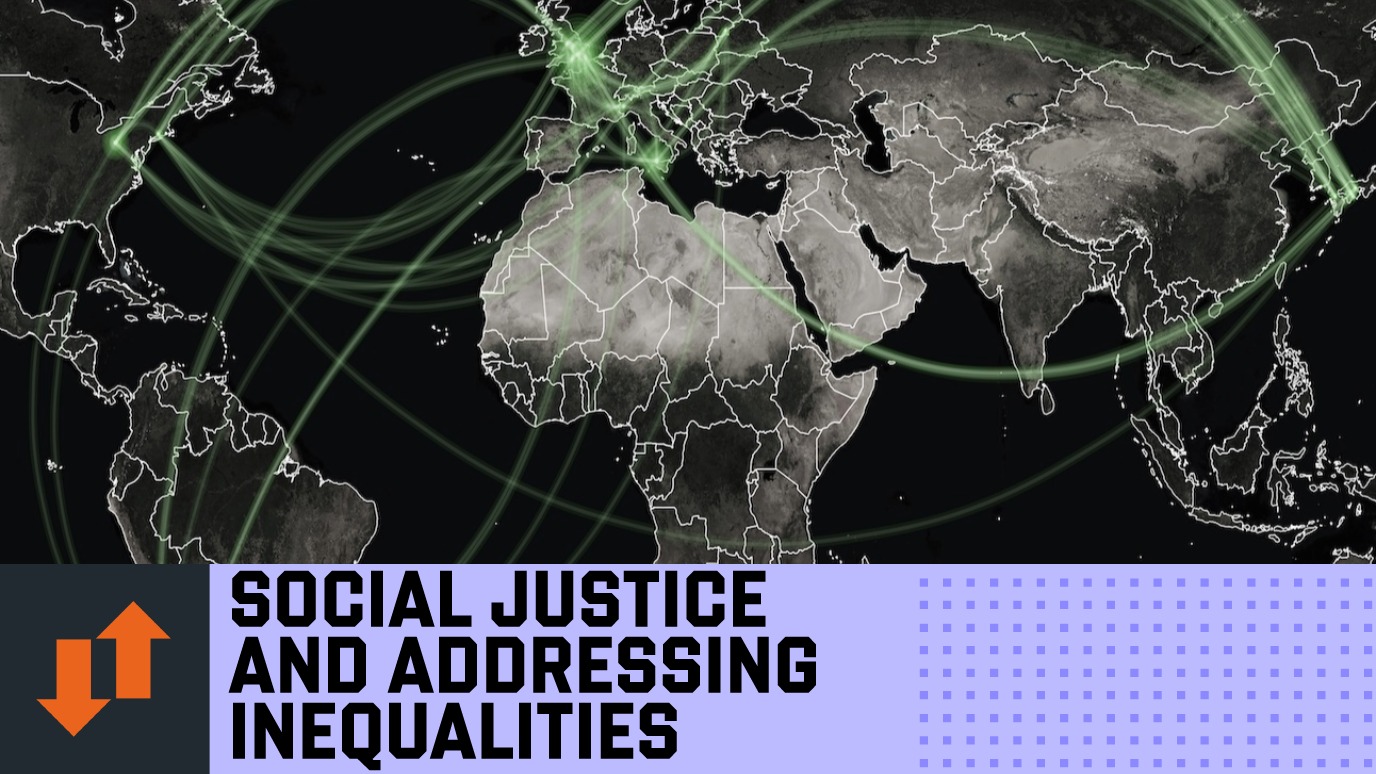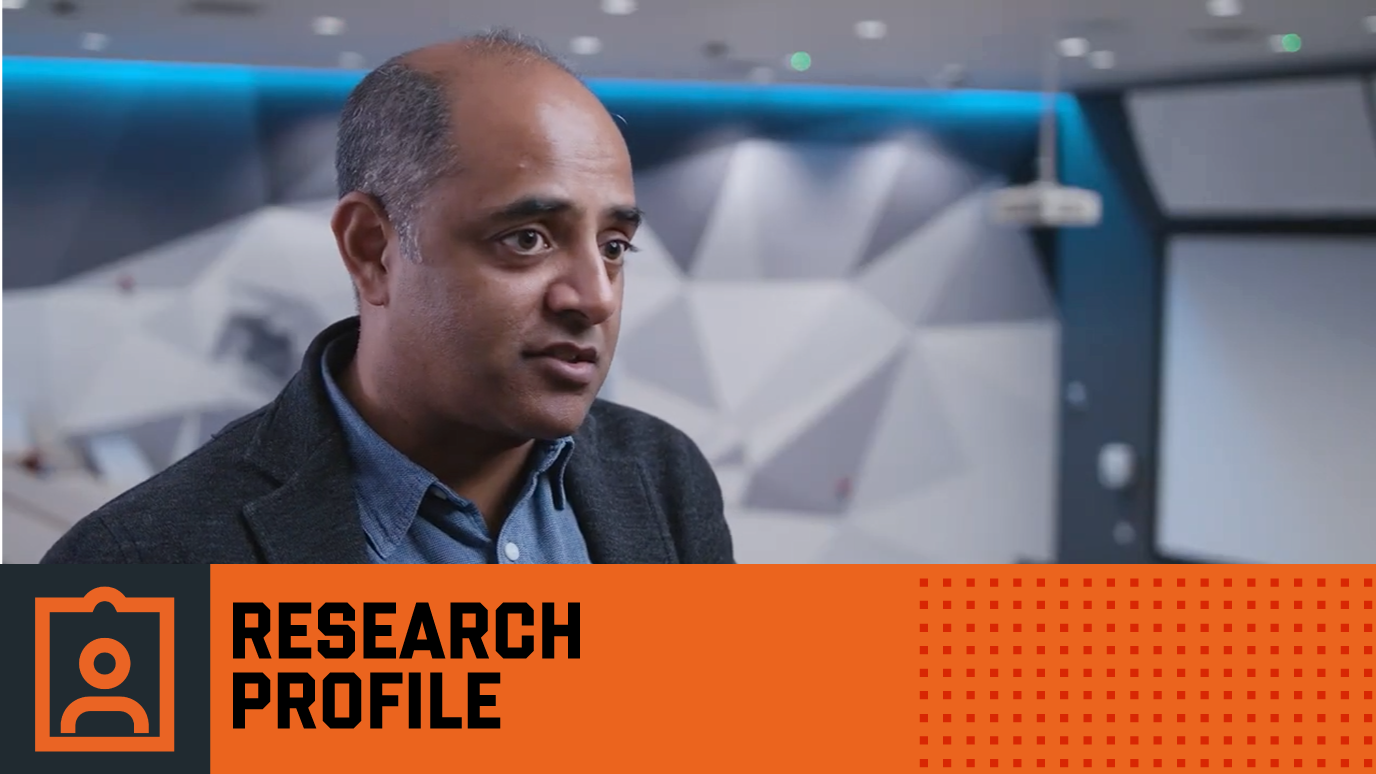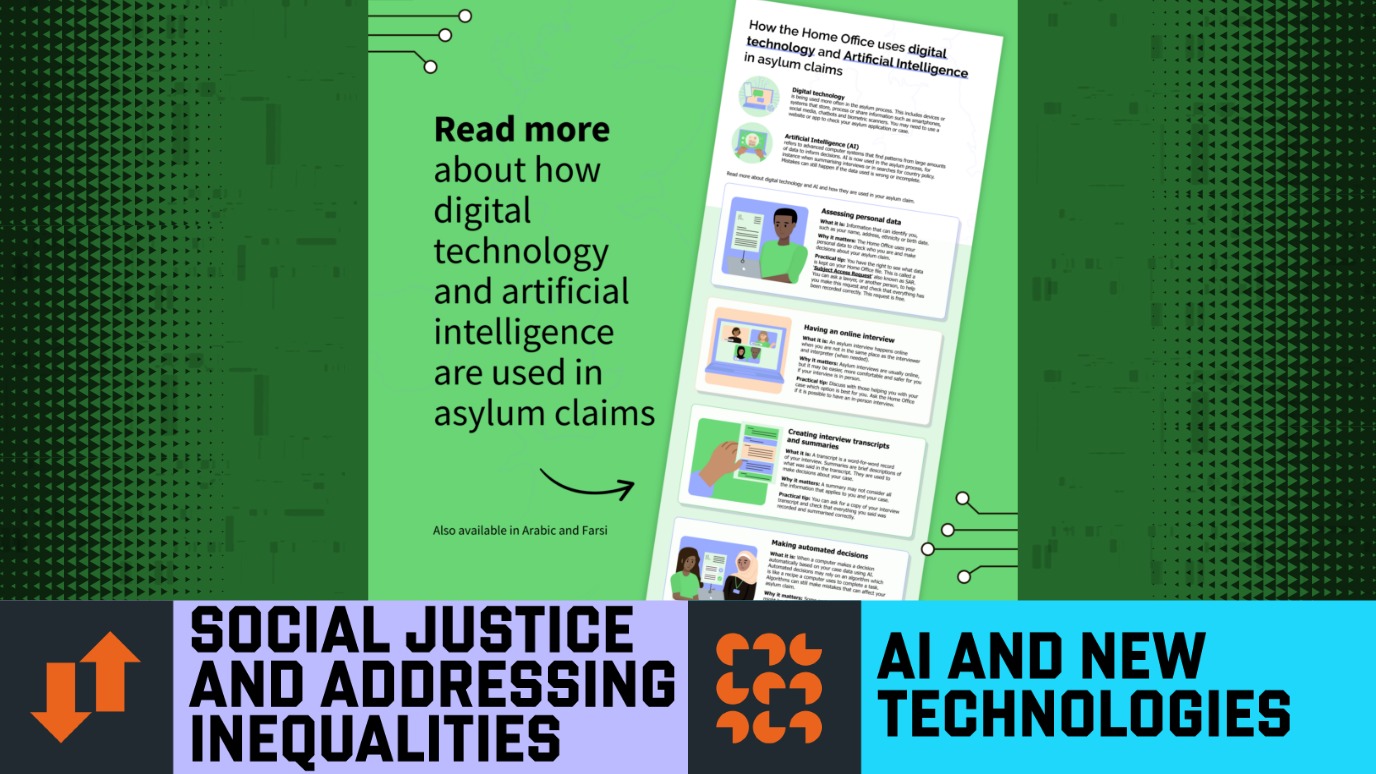Recent studies examine individuals' views of state responsiveness and investigates what makes communities come together to tackle organised crime.

Criminal organisations like mafias, gangs and other illegal networks exist in almost every country around the world. These organised criminal groups use violence and high levels of intimidation to achieve territorial dominance and establish alternative systems of power. This has a profound impact on the community, spreading fear through families and local groups, and depriving territories of resources.
When communities stand together against organised crime, residents become empowered to reclaim safety in their neighbourhoods. However, owing to fear or sometimes the endorsement of ‘codes of the street’ that may increase tolerance towards these groups’ activities, communities often hesitate to oppose criminal organisations or cooperate with legal authorities.
The project ‘Secret Power’ led by Giovanni Travaglino, Professor in Social Psychology and Criminology, is exploring how beliefs, principles and identities empower criminal groups to assert authority in society. Understanding how criminal organisations build power and authority will help governments develop better initiatives to tackle organised crime.
Initial investigation:
The project looked at three distinct geographical areas:
- Italy – the home of mafia-style groups known for their political influence.
- Japan – where the Yakuza is a well-structured criminal organisation firmly rooted within communities.
- UK – which has a larger number of smaller criminal groups, including crime firms and gangs.
Professor Travaglino's research explored how individuals in different countries react to the illegal power of criminal groups in environments where conflicting legal and illegal actors coexist. He looked at the cultural similarities and differences in how people perceive the power of criminal groups.
Findings:
The research revealed that when individuals believe that the government is responsive to their problems, they are more likely to believe that acting as a community can also make a difference. This enhanced confidence encourages greater participation in joint initiatives to reduce the impact of organised crime. However, the study also found that when government is proactive, individuals tend to feel safer which reduces the drive for community action.
Understanding this complex juxtaposition between how individuals perceive state responsiveness and engage as a community against organised crime in the territory, will help governments design better policies and community projects.
This is the first stage of a 5-year project. Additional research is needed to further explore this topic.
A research article published in the British Journal of Social Psychology shows the recent findings.
The Secret Power project was awarded a European Research Council – Starting Grant and is funded by the UK Research & Innovation.
Further research from Professor Travaglino on the association between ideas of masculinity and criminal organisations can be found here.




























